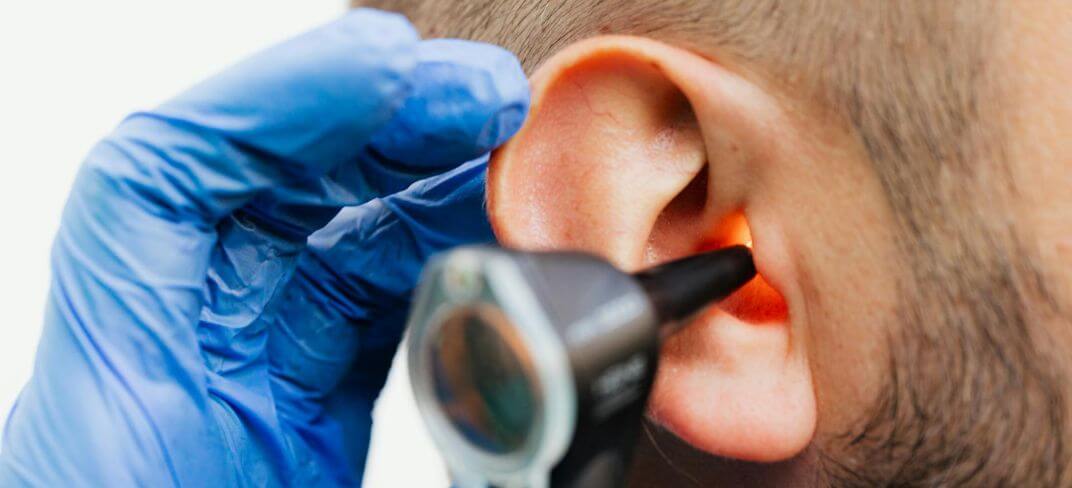When Is Ear Pain Something More Serious?

The ear is a very delicate organ and important functions depend on its well-being. It is often affected by pain and problems of varying severity. Ear ache can occur in different parts of the ear itself and for various reasons, as well as being very frequent. The advice is to never resort to do-it-yourself treatment, not to neglect symptoms that might seem trivial at first, and to find out the causes of ear pain, identifying the symptoms so that you know when it is time to contact an ENT specialist or, in more serious cases, an emergency service.
Why does the ear hurt?
Symptoms that are often experienced, in addition to pain, include a sense of pressure, diminished hearing or muffled perception of sounds. A common source of earache, for example, is an ear infection that occurs more frequently in children, as it is more difficult for fluid to drain properly from the Eustachian tubes. This can be the result of swimmer's ear or a recent cold or upper respiratory tract disease. Another common cause of ear pain in children is the presence of a foreign object in the ear tube.
Although ear infections can also affect adults, it is less common for them to cause pain. The ears of adults are exposed to more factors that can damage the eardrum, such as exposure to sudden loud noises, drastic changes in air pressure in aeroplanes, head injuries or jaw injuries. The latter causes ear pain when the temporomandibular joint, or TMJ, is damaged.
What are the causes of earache?
- Earaches are often the result of:
- Accumulation or hardening of earwax.
- Drastic change in air pressure.
- Excessive fluid trapped in the ear canals.
- Disease or infection of the upper respiratory tract.
- Sinus or ocular infection.
- Otitis.
- Chronic or cholesteatomatous otitis.
When to go to the emergency room for ear pain
You should consider going to an emergency room if the pain is accompanied by any of the following symptoms:
- Stiff neck.
- Severe drowsiness.
- Nausea and/or vomiting.
- High fever.
- A recent blow to the ear or head injury.
When to go to the doctor for ear pain
The doctor will examine the eyes, ears, nose and throat for signs of infection or obstruction, which could be the cause of the earache. If earwax build-up is the likely cause, the doctor may remove it.
For less severe symptoms of earache, see an ENT specialist even urgently, as in the case of:
- Minor hearing loss, ringing in the ears and/or dizziness.
- Signs of infection, including low-grade fever.
- Sticky or bloody discharge from the ear.
- Increased pain when moving the earlobe.
- Pain in the ear caused by blowing one's nose.
- Pain that worsens or does not improve within 24-48 hours.
Inform the specialist if you have been exposed to loud and prolonged noise, such as a concert or industrial machinery, or if an object has been inserted into the ear.
Treatment of ear pain
Specialists have numerous options available to treat ear pain. Depending on the diagnosis, the doctor may simply clean out the earwax. In some cases, ear drops are needed to fight the infection or to help remove the fluid. In more severe cases of infection, an antibiotic may be prescribed. It is recommended not to insert any foreign objects into the ears and to have the ears cleaned only by a doctor.
Home remedies for minor ear pain
Sometimes the earache disappears on its own. If the pain subsides, it should continue to be monitored closely in case it recurs and it may not be necessary to seek medical advice:
- Chewing gum.
- Taking acetaminophen or ibuprofen.
Undergoing an ENT examination is however very important, as well as diagnostic examinations such as audiometric or impedance testing. For control in the presence of symptoms but also as a preventive screening in their absence.
Find out more about the otolaryngology services at UPMC Salvator Mundi International Hospital.